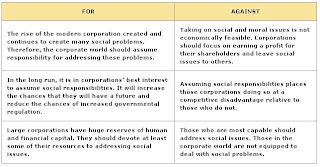Judicial Overreach - Nationalisation of fair price shops
First, the committee, headed by Justice D.P. Wadhwa, has proposed judicial encroachment on executive territory. Let the government decide how best to provide subsidised food to the poor. Judges’ expertise on legal matters does not extend automatically to how best to feed the poor.
Secondly, if fair price shops are “epicentres of corruption” where shop owners, transporters, corrupt officials and politicians join hands to cheat the public, then what is the guarantee that government-run shops would not become the same?
Even the suggestion that fair price shops should be run by state corporations, panchayati raj institutions, cooperative societies and women self-help groups is impractical as they may not have the required expertise, interest or commitment to take up what is a fairly tedious job. Corruption and other flaws in the existing public distribution system are well known. These have been debated endlessly. Madhya Pradesh has demonstrated how the existing PDS can be made to work effectively. But other states are reluctant to reform the PDS.
Thirdly, in the post-reforms era, the government’s role has changed. It is no longer the government’s business to run hotels or shops. Private sector participation is increasing in many areas, government agencies are increasingly outsourcing work and the state is on the retreat.
The committee does not seem to have taken into account the Centre’s latest efforts to roll out the direct benefits transfer scheme under which scholarships, pensions and subsidies would be paid into the bank accounts of beneficiaries to be identified electronically under the Aadhar scheme.
The committee’s concerns over the diversion of foodgrains to unintended beneficiaries may be largely addressed once the scheme is extended to cover the fuel, fertilizer and food subsidies. It is a bold initiative which, once initial hiccups are taken care of and the poor get an access to banking services, would cut waste, red tape and corruption.

Comments
Post a Comment